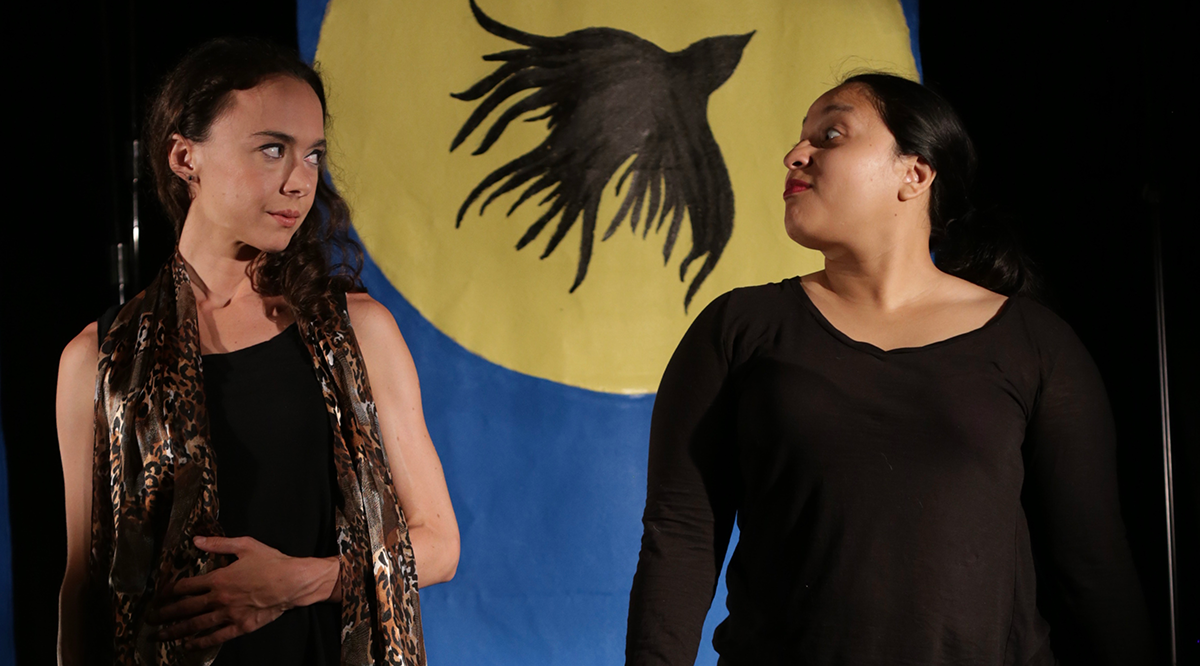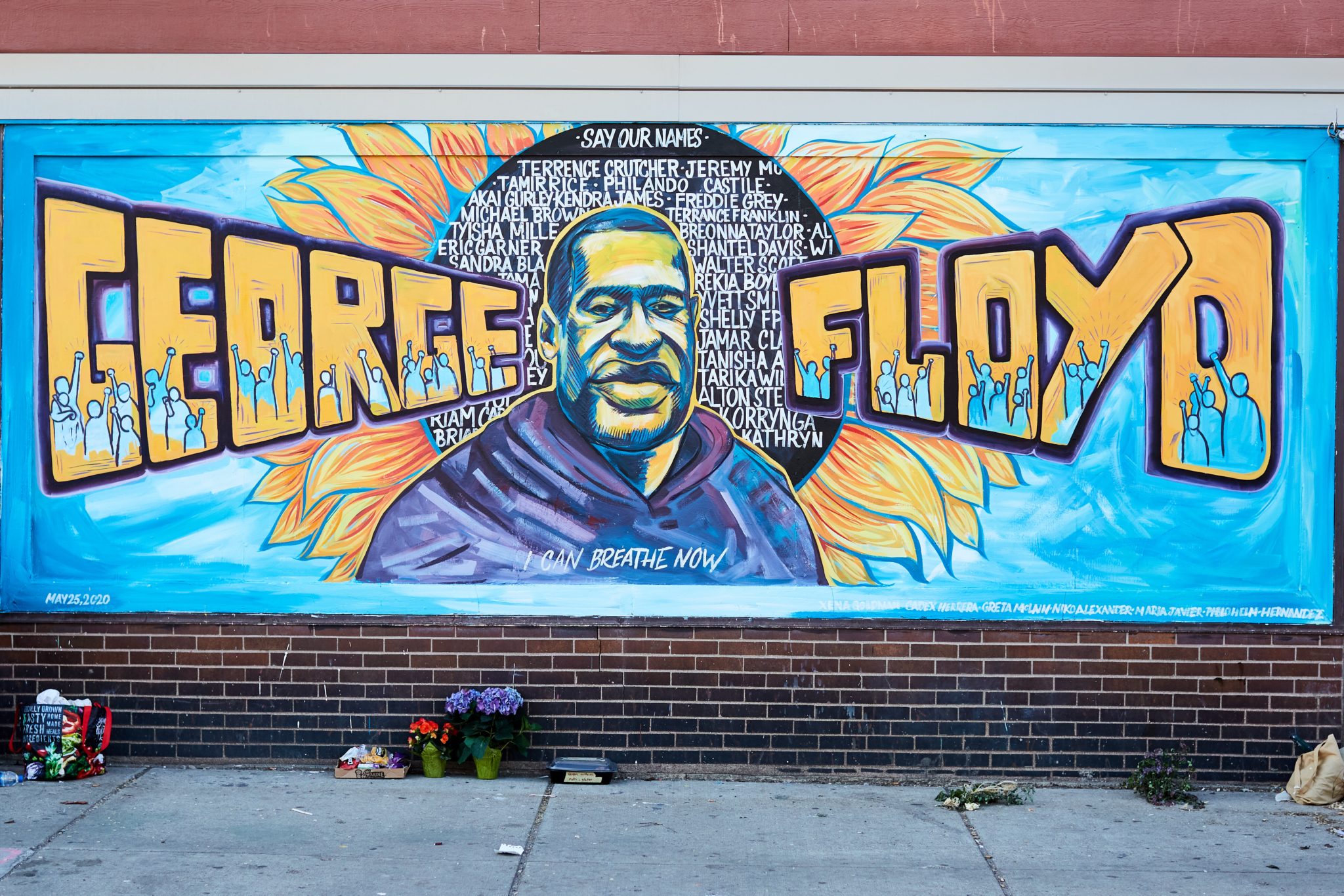“What we’re gonna do right here is go back, way back, back into time.”
— Troglodite, by the Jimmy Castor Bunch
Hip-Hop has always been hyper-conscious about its roots, maybe because it began with young people playing, and then rapping over, older music. Hip-hop artists of all stripes are constantly sampling, referencing, and quoting artists from the past, creatively reconstructing their family trees. Every once in a while, an emcee takes this to the next level. They become lyrical historians, narrating the evolution of hip-hop and its art forms. I’ve always been a sucker for this genre of song, ever since I was a kid in the Boston suburbs scanning the radio dial intently to learn everything I could about this incredible sound coming from the nation’s urban centers.
In this post, I share twelve songs about hip-hop history, some famous and some lesser known. Unless you’re extremely well-informed, it’ll probably take some additional research to get all the references (Rap Genius can help, http://rap.genius.com/). For teachers, these songs could come in handy as prompts for classroom discussions. For example, conversations about what these songs include, and what they leave out, could be extremely informative.
These songs don’t really tell the whole story. They are pretty US-heavy and overly-nostalgic, and there are plenty of gaps. For one, I couldn’t find any written by women (if you know any, please comment!). Still, if you’re looking to dive into hip-hop’s roots, here are some guides to lead you.
1. South Bronx, by Boogie Down Productions
It’s generally agreed that hip-hop as we know it today first emerged in the South Bronx, so there’s no better song to start with than South Bronx, by KRS-One and Scott LaRock. This song was written in response to MC Shan and DJ Marley Marl’s, The Bridge, which claimed Queens, NY, as hip-hop’s birthplace. It’s clear today who won this argument.
2. Knowledge is Power, by Akala
Of course, hip-hop didn’t appear in the South Bronx out of nowhere. It’s roots lie deep in African, African-American, Afro-Caribbean, and Latin American musical and oral traditions. In Knowledge is Power, UK-based emcee Akala calls the Bronx-based origin story a “myth,” and argues that those who love hip-hop need to look much deeper into its antecedents.
3. Lune Tns, by Company Flow
Today the emcee has become the preeminent image of the hip-hop artist. But, of course, rapping is only one of the hip-hop elements. In Lune Tns, Bigg Jus of Company Flow pays homage to the great and lesser known graffiti artists of New York City.
4. Gangsta Rap, by Ice T
Hip-hop may have originally coalesced in New York, but it quickly spread. In Gangsta Rap, Ice T recounts how hip-hop was picked up by artists on the West Coast. There, hip-hop and local gang culture converged to birth West coast gangsta rap, which then took the world by storm (for good and ill).
5. Latinos Stand Up (Remix), by Chino XL, Sick Jacken, Thirstin Howl, B Real, Sinful, and Kid Frost
Latinos artists have been part of hip-hop’s evolution since its birth, but have often been unrecognized for their contributions. In this song, some of the most well-known Latino rappers join together to represent for the Latin hip-hop tradition.
6. Underground Heaven, by Cesar Comanche
Underground Heaven highlights the central role of the DJ/Producer in creating the sound we recognize today as hip-hop music. It’s something of an ode to the independent record store and the sample, and has a great verse that rolls through some of the most classic samples in hip-hop.
7. I Used To Love H.E.R., by Common
In this famous song, Common narrates the evolution of hip-hop metaphorically, personifying hip-hop as a woman with whom he has a sort of on-again, off-again relationship. Despite the somewhat sexist nature of the metaphor, this song beautifully captures the feeling of nostalgia for hip-hop’s early days which can often be found among hip-hop aficionados.
8. Hip-Hop Knowledge, by KRS-One
In this song, Blastmaster KRS-One narrates some of the history of conscious or political hip-hop, including various efforts (mostly his) to use hip-hop culture as a vehicle for peace, learning, and social change.
9. At the Party, by Macklemore
This is a fun one. With At the Party, Macklemore narrates hip-hop history as if it were all taking place at the same time, at one house party. Along with nods to many of hip-hop’s premier innovators and popularizers, he manages to include social commentary about the shifts in hip-hop’s audience towards white, suburban America.
10. From Jeddah to LA, by Qusai
Qusai is a Saudi Arabian artist who co-hosted the first hip-hop show for MTV Arabia. In From Jeddah to LA, Qusai raps about the path hip-hop took as it left the shores of the US and was picked up in Saudi Arabia. While his story is specific to the Middle East, his lyrics capture a piece of the global process by which hip-hop spread across national borders and was adapted to local contexts around the world.
11. I Was There, by KRS-One and Marley Marl
Is it possible to have too much KRS? I don’t think so. This track comes off of the 2007 album Hip-Hop Lives, which brought KRS-One together with his rival in the Bridge Wars, Marley Marl. KRS challenges the legitimacy of hip-hop historians studying the movement from outside, arguing that his own experiential knowledge of hip-hop’s past is much more valuable. While most of the songs on this page focus on artists, I Was There also touches on the business side of hip-hop, as well as some of the important historical events that shaped hip-hop’s rise.
12. Hip Hop, by Wyclef Jean
I’m going to end with Wyclef, because his song Hip Hop came out in 2013, and brings us almost up to date. Fortunately, someone put together a video with images of all the artists whose names he drops. His lyrics point to history’s cyclical nature: “Things done changed but they stay the same.”
Photo at Top: Hip-Hop Timeline created by youth at Project HIP-HOP, http://projecthiphop.org




This list forgot to add Just Ice way back featuring KRS One
http://www.youtube.com/watch?v=DBjrMNER9gQ
Love it! Hadn’t heard that one, and it’s great to see some classic Just Ice. I probably could have made a whole list just with KRS songs…